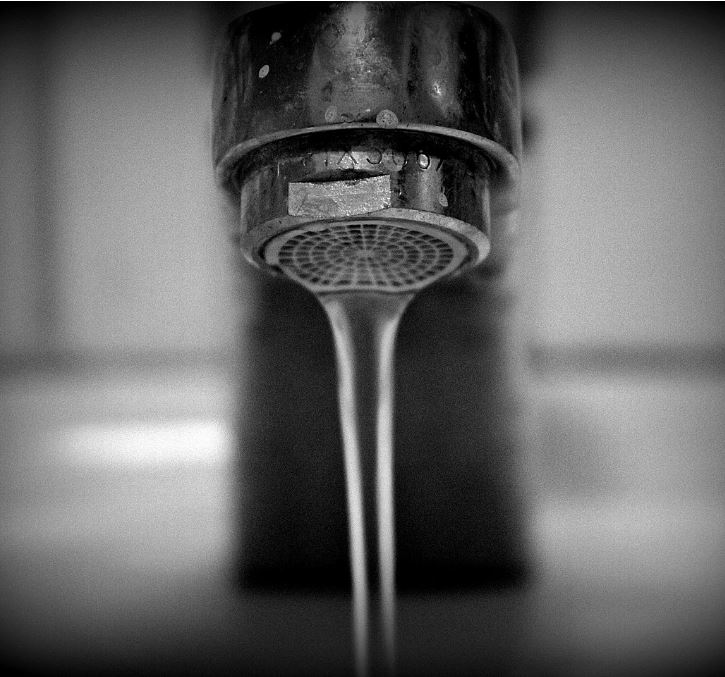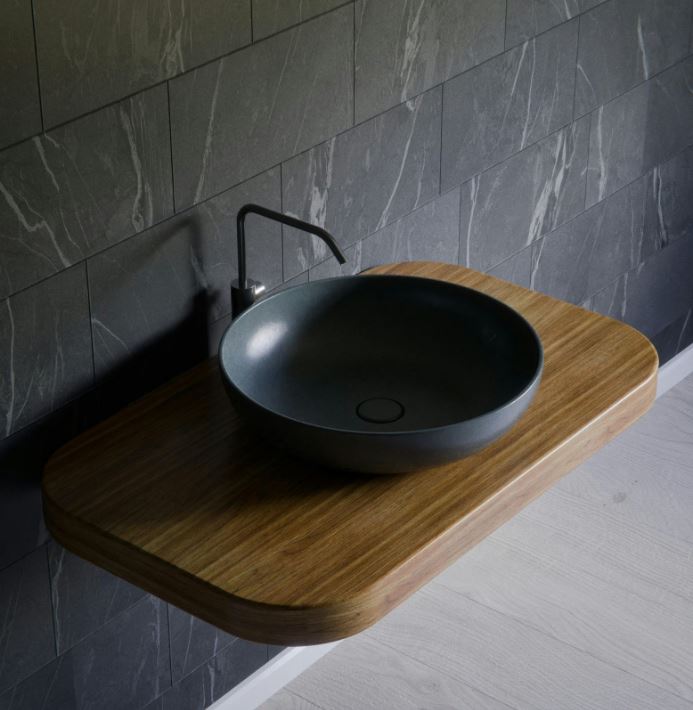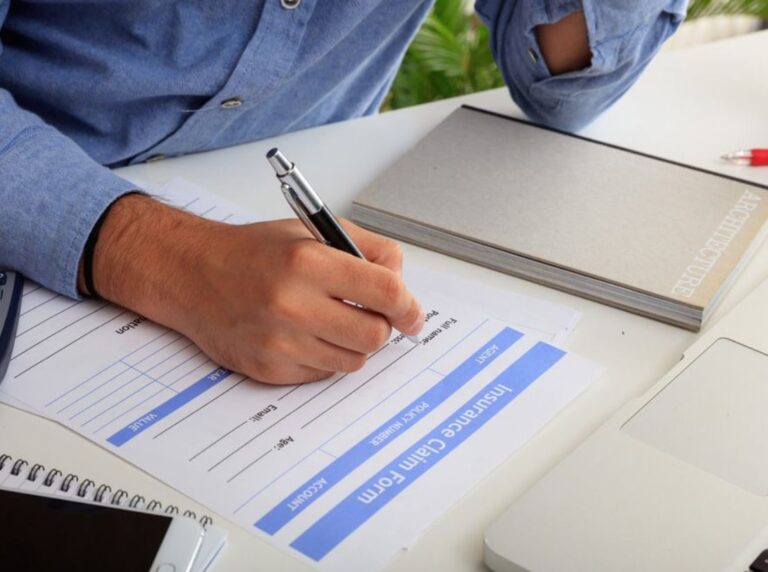Quick Fixes for Persistent Plumbing Problems in Your Home

Plumbing problems can be incredibly disruptive, causing stress and inconvenience in daily life. While some issues require professional expertise to resolve, others can often be addressed with simple solutions. Understanding common plumbing problems and quick fixes can save homeowners both time and money. This guidance is invaluable whether you’re dealing with a leaky faucet, a slow drain, or more complex issues like faulty sewer lines.
Identifying Common Plumbing Issues
Homeowners should familiarize themselves with various plumbing problems to effectively manage repairs. From leaky faucets to running toilets, knowing what to look for is the first step toward resolution.
One prevalent issue is dripping faucets, which can lead to significant water waste over time. According to the Environmental Protection Agency, fixing leaks can save homeowners approximately ten percent on their water bill. Running toilets are another common problem, indicating that the flapper valve may need replacing. A noisy pipe, often known as water hammer, can indicate that the plumbing system needs adjustment to help mitigate the noise. Addressing such issues promptly can prevent more significant damage or costly repairs in the future.
Quick Solutions for Common Problems
Many plumbing issues can be swiftly resolved with the right tools. A dripping faucet often requires just a wrench and a replacement washer, easily found at hardware stores. Start by turning off the water supply and disassembling the faucet. Replace the old washer, then reassemble the unit for a quick fix.
Similarly, a running toilet may only need a new flapper valve. Turn off the water supply, remove the tank lid, and check the existing flapper. If it is worn or warped, replace it for immediate improvement. Remember to inspect the chain that connects to the flapper; it may also need adjustment. Regular maintenance can significantly reduce these issues, making these few simple steps worthwhile.
When to Call a Professional
While many plumbing issues can be managed by homeowners, some require specialized expertise. Persistent clogs, for example, may indicate deeper problems within your plumbing system. If you’ve tried plunging or using chemical cleaners and the issue remains, it may be time to consult a professional.
More complicated issues, such as sewer backups, also warrant professional intervention. Homeowners should be cautious with DIY approaches when dealing with significant plumbing systems, as improper handling can lead to more severe problems. If you notice a foul odor, gurgling noises, or wet spots in your yard, contacting sewer line repair and replacement services could be necessary. Calling a professional can help prevent further damage and ensure that the issue is resolved safely and effectively.
Understanding Your Plumbing System
A basic understanding of your home’s plumbing system can empower homeowners to tackle minor repairs effectively. Familiarizing yourself with the layout of your pipes and fixtures can facilitate easier troubleshooting.
For instance, knowing where your main shutoff valve is located can be critical during emergencies. In addition, familiarizing yourself with the locations of cleanouts, which provide access to drain pipes, can greatly aid in dealing with clogs. Understanding how water flows through your system enables you to identify potential issues quickly and determine the best course of action.
Preventative Maintenance Strategies
Implementing regular maintenance routines can mitigate many common plumbing problems. Simple habits, such as flushing your water heater periodically, can prevent sediment buildup that leads to reduced efficiency and potential leaks. Additionally, regularly checking for signs of wear and tear on your plumbing fixtures can catch problems before they escalate.
Seasonal checks are also beneficial. For instance, ensure your outdoor faucets are winterized before cold weather arrives. This prevents pipes from freezing and bursting. Investing a little time into maintenance goes a long way in protecting your plumbing system.
Understanding Water Pressure
Water pressure plays a crucial role in plumbing functionality. Excessive water pressure can lead to leaks and pipe damage, while insufficient pressure can result in inadequate water flow. Homeowners can measure their water pressure with a simple gauge, available at most hardware stores.
If problems arise, adjusting the pressure-reducing valve can often resolve the issue. If the pressure remains unmanageable, consider consulting a plumber to assess the situation. Maintaining balanced water pressure enhances overall plumbing efficiency and prolongs the lifespan of your plumbing system.

Dealing with Clogs Effectively
Clogs are one of the most common plumbing issues that many homeowners face. From hair and grease buildup in drains to foreign objects lodged in toilets, the causes can vary widely. An important tool for managing clogs is a plunger. Ensure you use the right type of plunger for the issue at hand—sink, toilet, or tub clogs each require different tools.
If plunging does not resolve the issue, consider using a plumber’s snake or an auger. These tools can reach deeper into pipes to dislodge stubborn clogs. Always exercise caution while using these tools, as they can cause damage if mishandled. If clogs persist, it may indicate a larger problem deeper within the plumbing system.
Maintaining Your Plumbing Fixtures
Taking care of your plumbing fixtures can extend their life and functionality. Regular cleaning and maintenance are vital for faucets, toilets, and showerheads. Mineral buildup can affect water flow and quality, so routine descaling of fixtures is recommended.
Moreover, always check for leaks and drips, occasionally tightening connections where necessary. If you notice signs of corrosion or wear, do not delay in addressing these issues. Prompt attention to even minor problems can prevent them from developing into significant challenges.
Embedding Efficiency through Smart Technology
Smart technology offers innovative solutions for plumbing efficiency. Smart water sensors can help detect leaks, while smart faucets and toilets enhance user experience. These devices can provide notifications to homeowners about issues and often allow for remote control.
Investing in smart plumbing technology is not just about convenience; it can significantly lower your water bill while improving plumbing functionality. The initial investment pays off in long-term savings and the prevention of costly damage from leaks or malfunctions.
The Importance of Regular Inspections
A routine plumbing inspection can catch small issues before they escalate into major problems. Professional plumbers can identify signs of wear and tear, check for leaks, and examine fixtures for any potential hazards. These inspections can generally be scheduled annually or biannually, depending on the age and condition of your plumbing.
Many homeowners may overlook these necessary assessments, but proactive measures can save thousands in repairs down the line. The peace of mind that comes with knowing your system is in top shape is invaluable.
By remaining vigilant about plumbing issues and understanding how to address them effectively, homeowners can manage most situations without stress. Knowing when to call a professional and the importance of maintenance and inspections will keep plumbing problems at bay, ensuring a smoothly functioning home environment.







